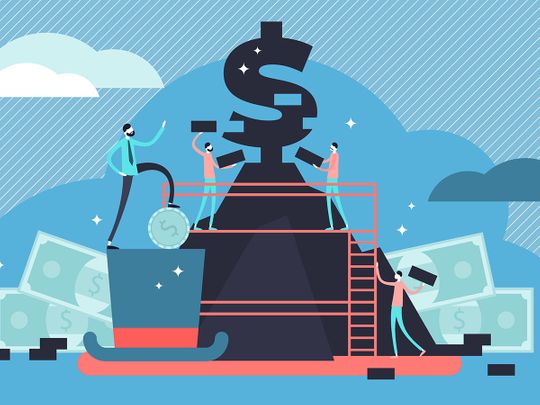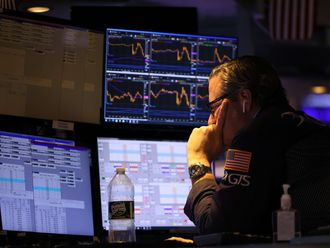
As an entrepreneur, I believe that the power of capitalism can effectively achieve scalable change. It ultimately enables us to achieve the full breadth of human potential. I am also keenly aware of the damage that untethered capitalism can inflict, and why I find the concept of ‘conscious capitalism’ powerful and captivating.
The tenets were laid out in a 2013 book by John Mackey and Rajendra Sisodia: Conscious Capitalism: Liberating the Heroic Spirit of Business. It articulated a vision of empowered people doing good. The premise is that businesses should serve a wider set of stakeholders than shareholders. They should work in a way that creates rather than destroys value and they should strive to help others find empowerment and self-fulfilment.
Those who develop technology need to do so for the greater good. We are not here simply to make money. We want to make the world a better place and leave a legacy for our future generations.
Smart logistics for greater good
In 2020 at the ABLF Talks event at the Dubai Cares Pavilion, I met Giuseppe Saba, CEO of the International Humanitarian City (IHC), backstage. We connected immediately around his vision for the project. The IHC, based near Al Maktoum Airport in Dubai, is the largest humanitarian hub in the world spread over 135,000 square metres. Founded in 2003, it comprises a sophisticated logistics function which allows it to execute relief operations around the world.
I knew immediately this could make a large impact, and importantly with the most efficient utilization of our efforts to democratize machine learning (ML) and Ai, which are increasingly the tools required for organizations of all kinds to scale. Our vision for this project is for a worldwide humanitarian relief platform that connects the work of organizations like the IHC, manufacturers, logistics companies and people in need, intelligently and with maximum impact.
Tap AI’s help
By using Ai in the humanitarian space, we could quickly optimize relief efforts with co-ordinated manufacturing of needed materials and products, and allow for proactive assignment of resources so that relief is delivered quickly and effectively.
An Ai-driven solution could, for example, analyze weather, seismic, and a range of other data to predict natural and human catastrophes, and allocate and manage resources proactively. It could identify local manufacturers and pre-empt order supplies, and connect those with communities by intelligently allocating logistical capacity.
Another formative influence has been the work of the Dubai Future Foundation. Many of the world’s problems stem from our collective unwillingness to prioritize future readiness and sustainability over short-term gain. The work of the Future Foundation provides a vision of a thoughtful and creative relationship with the future and the world we seek to build.
Match tech with skills
Building this future is not dependent solely on technology. We need the skills and perspectives that will direct that technology to be used effectively and for good.
Our company has signed up to the Playbook Academy – a network that accelerates career growth for women through expert classes and an inclusive community. We have sponsored lifetime memberships for all our female employees, and a total of 400 scholarships for young women.
The ethos of scalable impact is evident in our alignment with the UN Sustainable Development Goals (SDGs). We held each of those SDGs up against our tech stack, and we were inspired by the potential that exists to create value. There is potential within each of the 17 goals for organisations – government and private sector – to use Ai and ML to expand their ambitions towards making real impact.
Technology is an enabler: of people, processes and other technology. It is also going to be an enabler of good. Businesses should not be just about making money. It’s also about bringing talented people and cutting-edge technologies together to improve lives and ultimately our planet.













